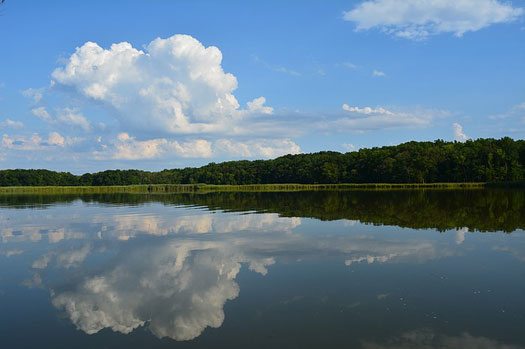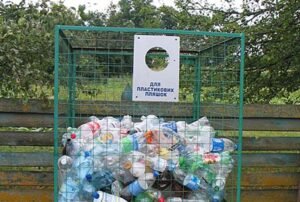
July 13, 2017; The Conversation
At West Virginia University’s College of Law, there is a new program called the Appalachian Justice Initiative promoting the idea that humans are entitled to clean air, clean water, and clean soil beneath their feet. The University is in the northern section of the state where there are underground coal mines. The initiative calls this “environmental human rights.”
In a column in The Conversation, Nicholas Stump, a member of the initiative, wrote that the link between human and environmental rights in the United States is not yet as fully formed as it is elsewhere. He believes that this missing link is the reason why many do not yet understand it as a “moral issue.”
The idea of environmental human rights dates back to the environmental movement of the 1960s and 1970s. It follows other, more established conceptions of human rights, such as civil and political rights and economic, social and cultural rights, and often is classified as part of a so-called third generation of “newer” human rights.
Over 100 countries have some type of environmental rights in their constitutions. In 2015, the UN created its Sustainable Development Goals, but various governments backed away from a clean environment as a human right.
The U.S. has worked to protect human rights through the Constitution and its amendments, states’ laws, and international treaties. However, the U.S. Constitution has no ecological references, therefore any environmental protection is done by statute. A few states, such as Pennsylvania and Hawaii, mention the environment in their constitutions, but they lack consistency in wording and enforcement.
Sign up for our free newsletters
Subscribe to NPQ's newsletters to have our top stories delivered directly to your inbox.
By signing up, you agree to our privacy policy and terms of use, and to receive messages from NPQ and our partners.
There are two categories of rights: substantive—things we are entitled to have—and procedural—things we are entitled to do. The core idea of environmental human rights is that people are entitled to live in a healthy, clean and safe environment. Typically, societies honor these rights by passing laws that protect air, water, soil and food. We also expect, particularly in democracies, that people should be able to obtain information, participate in decision-making, and seek legal remedies for environmental harms such as toxic waste spills.
Appalachia could be the center for the nation’s discussion of environmental rights; it is an example of ecology damaged by an economic driver that did not benefit the general population. Surface mining and mountaintop removal mining have permanently scarred sections of the Appalachian Mountains and produced poisons that include arsenic, selenium, and airborne polluting ash and dust.
Appalachia, wrote Nicholas Stump, is a classic example of the “natural resource curse,” a social science theory that explains how regions with prime natural resources get exploited; those who work in such areas suffer from reduced lower education opportunities and are seldom able to share in the wealth of the resource. Whether gas, gold or coal, corporations or wealthy individuals control the resource to the detriment of individual workers. Accordingly, the marginalized worker suffers more when the environment suffers. Housing is more affordable in areas that have environmental damage, so the poor live where the air, water, and soil is the worst.
Further,
Much media coverage of Appalachia is classist and one-dimensional. For example, during the 2016 presidential campaign the region was portrayed as a unified bloc of “Trump country,” although it actually is much more socially and politically complex.
In fact, a dense network of grassroots activists and ordinary Appalachian citizens has long contested environmental injustices, exemplified by the long and bitter fight against Big Coal. But these efforts seldom are acknowledged in the national media or leveraged into real and lasting legal reform.
The preamble to the U.S. Constitution observes that the document was established to “promote the general welfare” of the people. However, the Founding Fathers could not foresee the threats to pure water and air and clean soil that would endanger every citizen’s general welfare. The rights to “life, liberty, and the pursuit of happiness” enumerated in the Declaration of Independence are not so far removed from a right to an environment and landscape that can sustain them.—Marian Conway













